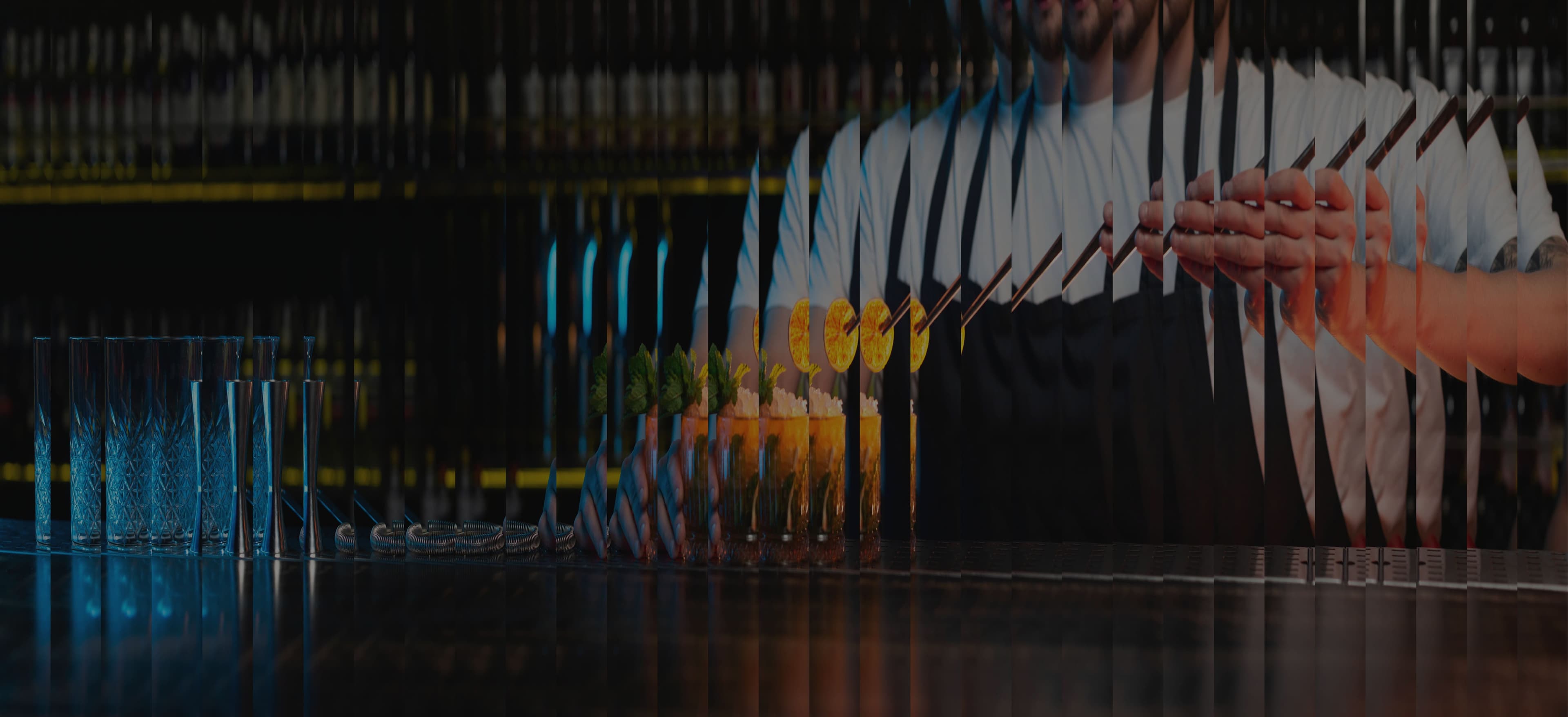Alcohol has long been a social lubricant, a cultural cornerstone, and a muse for linguistic creativity worldwide. From the lively pubs of London to the vibrant streets of Tokyo, each culture has crafted its own unique lexicon to describe the act of drinking, the state of inebriation, and the beverages themselves. This article embarks on a global tour, exploring the rich tapestry of booze slang that adds flavor to our conversations about alcohol.
Booze Slang From Across the Globe
United Kingdom: Pint-Perfect Slang
The UK boasts a treasure trove of colorful expressions related to drinking:
- "On the lash" – Heading out for a drinking session, often with the intent to get properly sloshed.
- "Legless" – So drunk you can barely stand.
- "Hair of the dog" – A drink consumed the morning after to alleviate hangover symptoms.
- "Pint of the black stuff" – A pint of Guinness, a staple in Irish and British pubs.
- "Brewskis" – A casual term for beers.
- "Booze-up" – A lively drinking session or party.
United States: From Coast to Coast
Across the U.S., regional variations in booze slang abound:
- "Brew" – A casual term for beer.
- "Giggle juice" – A playful term for alcoholic beverages.
- "Rotgut" – Low-quality, harsh-tasting alcohol.
- "Suds" – Another term for beer, emphasizing its frothy nature.
- "Cold one" – A chilled beer, often enjoyed during social gatherings.
- "Hooch" – A slang term for illicitly produced alcohol.
- "Moonshine" – Homemade, often illegally produced, high-proof alcohol.
- "Sixer" – A six-pack of beer.
Australia: Down Under Dialect
Australians have a knack for turning drinking into a linguistic art form:
- "Sherbet" – A colloquial term for alcohol.
- "Sly-grog shop" – An unlicensed establishment selling alcohol, often of questionable quality.
- "Schooner" – A 425ml glass of beer, commonly used in New South Wales.
- "Tallie" – A 750ml bottle of beer, typically shared among friends.
- "Stubbie" – A short, squat bottle of beer, often 375ml.
- "Grog" – A general term for alcohol.
Japan: Precision in Phrasing
Japanese drinking culture is rich with specific terminology:
- "Nomikai" – A drinking party, often held among colleagues.
- "Kanpai" – The Japanese equivalent of "cheers," used before drinking.
- "Sake" – A traditional Japanese rice wine.
- "Shochu" – A distilled spirit, typically stronger than sake.
- "Umai" – Delicious; often used to describe a well-made drink.
- "Nomihoudai" – All-you-can-drink; a popular drinking plan in Japan.
France: The Language of Refinement
In France, wine and spirits are woven into the fabric of the language:
- "Chablis" – A white wine from the Chablis region, often associated with elegance.
- "Vin de pays" – A term for country wine, indicating a regional origin.
- "Apéro" – Short for "apéritif," a pre-dinner drink.
- "Rosé" – A pink wine, popular in the summer months.
- "Cognac" – A type of brandy from the Cognac region, known for its quality.
- "Absinthe" – A strong, aromatic spirit, once banned but now enjoying a resurgence.

India: From Desi Daru to Patiala Peg
India's diverse drinking culture has given rise to unique terms:
- "Desi daru" – Local, often homemade, alcoholic beverages.
- "Patiala peg" – A large measure of alcohol, typically whisky.
- "Cholai" – An illicitly produced alcohol, often homemade and potentially dangerous.
- "Bhaang" – A traditional drink made from cannabis leaves, consumed during festivals like Holi.
- "Country liquor" – Alcohol produced locally, often with traditional methods.
- "Feni" – A spirit made from cashew apples or coconut sap, native to Goa.
Tunisia: Fig-Based Fermentation
Tunisia offers a unique twist on traditional spirits:
- "Boukha" – A distilled beverage made from figs, with a history rooted in the Jewish community of Tunisia.
- "Mahia" – A distilled spirit made from dates, similar to Boukha.
- "Sidi Bou Said" – A popular cocktail made with Boukha, named after a coastal town in Tunisia.
Democratic Republic of the Congo: Homemade Spirits
In the DRC, traditional distillation methods are prevalent:
- "Lotoko" – A homemade alcoholic drink, often produced using improvised stills and high-proof alcohol.
- "Pétrole" – A slang term for Lotoko, highlighting its potency.
- "Dawa" – A cocktail made with Lotoko, lime, and honey, popular in Kinshasa.
Summing Up
The world of booze slang is as diverse as the cultures that create it. From the refined terms of France to the playful expressions of Australia, each phrase offers a glimpse into the social and cultural fabric of its origin. So, whether you're raising a glass in Tokyo, London, or Kinshasa, remember that the language of alcohol is a universal bond that connects us all. Cheers – or as they say in Japan, Kanpai!


.jpg&w=3840&q=75)
